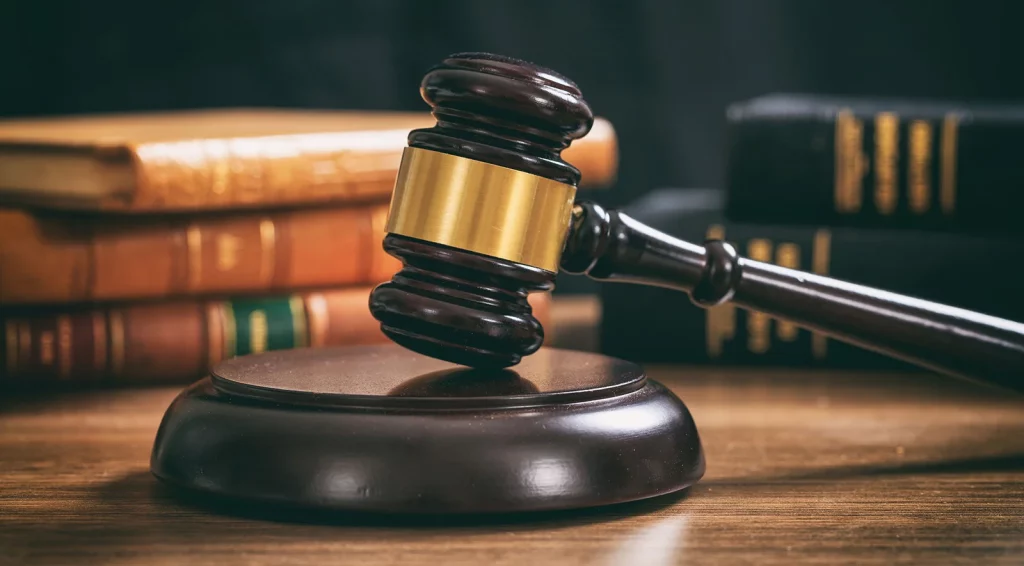In the aftermath of an accident or injury, documenting your personal injury case is vital to ensuring that you receive the compensation you rightfully deserve. At Legal Law Suits, we understand the significance of thorough documentation in building a strong and successful personal injury claim. In this blog post, we’ll explore why documenting your personal injury case is crucial and provide practical tips for effective documentation.
1. Preserving Evidence
Documenting your personal injury case starts with preserving evidence from the accident scene. Take photographs of the scene, including any hazards or conditions that may have contributed to your injury. Capture the extent of property damage, physical injuries, and any relevant environmental factors. Additionally, obtain contact information from witnesses who may have observed the accident and can provide testimony to support your claim.
2. Establishing Liability
Detailed documentation plays a crucial role in establishing liability for your personal injury. By documenting the circumstances surrounding the accident, you can provide clear evidence of the negligent actions or omissions that led to your injuries. This documentation can include incident reports, witness statements, and any relevant communications with the responsible party or their insurance company.
3. Supporting Your Claims for Damages
Documenting your personal injury case also involves keeping detailed records of your injuries, medical treatment, and related expenses. Maintain a comprehensive file of medical records, including diagnoses, treatment plans, and prescriptions. Keep copies of medical bills, receipts for prescription medications, and invoices for any other expenses incurred as a result of your injury. These records serve as tangible evidence of the damages you have suffered and help to support your claims for compensation.
4. Demonstrating the Impact of Your Injuries
In addition to physical injuries, personal injuries can have a significant impact on your emotional well-being, quality of life, and ability to perform daily activities. Documenting the impact of your injuries on your life can strengthen your case for non-economic damages such as pain and suffering, emotional distress, and loss of enjoyment of life. Keep a journal documenting your symptoms, limitations, and the ways in which your injuries have affected your daily life and relationships.
5. Enhancing Credibility and Persuasiveness
Thorough documentation enhances the credibility and persuasiveness of your personal injury claim. By presenting a clear and organized record of your injuries, medical treatment, and expenses, you demonstrate to the insurance company, opposing party, and the court that your claim is legitimate and well-supported. This can strengthen your negotiating position and increase the likelihood of a favorable outcome in your case.
In conclusion, documenting your personal injury case is essential for protecting your rights and maximizing your chances of receiving fair compensation for your injuries and losses. By preserving evidence, establishing liability, supporting your claims for damages, demonstrating the impact of your injuries, and enhancing credibility, you can build a compelling case that effectively advocates for your rights. At Legal Law Suits, we’re here to help you navigate the documentation process and pursue the justice and compensation you deserve.

